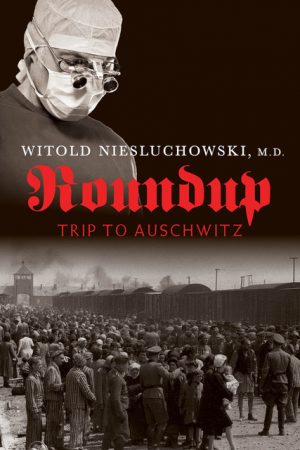There were the worst of times for my family, my country and the world. Two terrible powers, on their insane way to dominate, crushed everything and everybody that was on the way to oppose their vision of the world. Poland, for millennia, was squeezed between bad and worse, between two shades of evil. Suddenly, our entire heritage was thrown under the tracks of the invaders’ tanks.
The general picture of this monstrosity was a composite of billions of little pieces of the pain and misery experienced by every single family in my country. My family was not left out.
The Warsaw uprising was just brutally crushed by ruthless German troops. Staszek, a young Pole, during the afternoon rush hour, is picked up by Germans in the roundup, and taken away. He doesn’t know whether he goes to work on a German farm or is being sent to Auschwitz. The former meant a glimmer of hope, the latter sure death. He can’t run away – Germans shoot escapees on the spot. At the last moment, he struggles to write a short note to his wife, who, with his six-month-old son, is waiting for him at home with dinner. Then he slips the note into the mail drop in a small boutique shop, in front of which they stopped him. The Germans herd all the prisoners into the cattle cars, and Staszek has no idea where they will end up. On the tracks to Auschwitz, their uniformed guard looks for a person who can translate his commands, and Staszek volunteers. Besides Greek and Latin, he took German in the law school. They strike a conversation, and, after several hours, the guard delivers the death sentence––Staszek finds out the Germans direct his car to Auschwitz. He knows he faces a certain death and prays for a better future for his wife and his infant boy.
But Staszek lives to tell the story.
How did it happen?
That’s a story of how the people retained humanity surrounded by evil and how they helped each other in the face of death.


